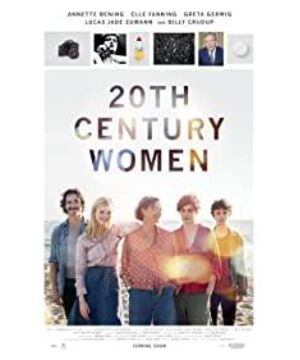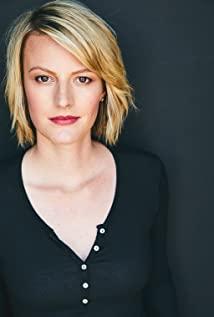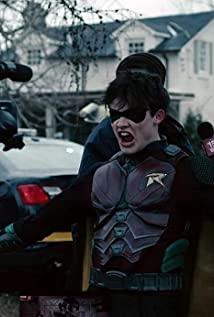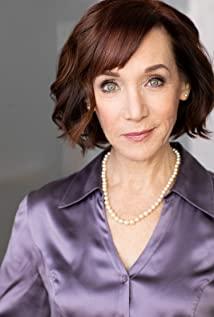"Twentieth Century Woman" was nominated for this year's Oscar for Best Original Screenplay, directed by Mike Mill Si is a famous artist in New York who has filmed MV for Yoko Ono. The half-way up director has made a name for himself in 2010 with his self-written and directed "Beginner". "Twentieth Century Woman" is the first film he wrote and directed. Two works.
The American keywords in the 1970s were punk, marijuana, sexual liberation, and the beat generation. This film took place in the United States in 1976 and told the stories of three twentieth-century women born in 1924, 1955, and 1962.
The plot of this film is difficult to summarize. There are no dramatic conflicts, no major turning points, only the real life of the three women, which flows quietly with the years like poetry.
Dorothea, born in 1924, is a single mother. She has experienced World War II, the Great Depression, and the troubled times, which has created her strong and independent character. Her relationship with her 15-year-old son Jamie is the main line of the film. In the eyes of her son, she An interesting and wise mother.
The son imitated his mother's handwriting to sign the slip. Facing the angry teacher, the mother actually praised the son for imitating it! In order to keep her son from skipping classes, the mother herself made up various reasons for her son to ask for leave. (Please give me a dozen of such parents.) My
mother is also a golden sentence player, and she often spit lotus flowers to guide her son in the labyrinth.
As her son grew up, Dorothea also felt that she was drifting away from her son. She couldn't understand the hoarse punk music, the sex without love, and the young people talking about menstruation casually in front of everyone. Communicating with her son, trying to keep pace with the times, but spanning the entire twentieth century, she has to admit that she has been left behind by the times.
Born in 1955, Abby with dyed red hair is a tenant of Dorothea's house. She studied at the New York Academy of Art, loves photography, loves punk and feminist books, and always thinks about the meaning of everything around her. She is a standard. Wenqing, who suffered from uterine cancer because her mother was taking abortion drugs, chose to escape from her hometown after learning about the cause of the disease, Abby and her mother could no longer get along normally.
Abby's photography works photographing her own objects to find the subtle relationship between objects and herself.
Born in 1962, Julie was at the age of 17 and was a typical Beat Generation. She was addicted to punk, drugs, and sex, and indifference was her most common expression. , she used to say that she was self-destructive. Children of this age always think that their sadness is unique, but in fact they are just passing through a confused adolescence.
She was still a little girl in the eyes of her parent Dorothea, who secretly climbed the window with her schoolbag to play with Jamie.
The three heroines in the film contributed very wonderful performances, showing the delicate and sensitive uniqueness of women vividly.
Annette Bening, who plays Dorothea, is a three-time Oscar nominee for best actress
The young Annette Bening was a standard beauty who
played Julie was Dakota Fanning's sister, Elle Fanning. Her acting skills were on a par with her sister.
Greta Gerwig, who starred as Abby in the controversial 'Neon Demon', has
an equally impressive performance in 'The First Lady'
This is a work with a distinct personal style, and audiences who are not used to the slow pace may not be able to adapt. This self-written and directed film incorporates the director's memories of his grandmother. Although there is no dramatic conflict, the filming process does not Will not be bored, the whole film is like a poem, soothing, soulful and delicate.
There are two scenes in the film that I really like:
one is Dorothea sitting in her brightly colored home, looking at the newspaper like a queen
The other is to fast-forward the footage of the car, with psychedelic colors, so that the audience can truly feel the flow of time.

Peeping the leopard in the tube, the director's skill can be seen in the subtleties.
At the end of the film, the son says: I finally had a baby and got married many years after her death and I will try to explain to him what kind of person his grandma was but I will never be able to tell.
In the long twentieth century, there are three women of different ages groping forward in their respective lives. They meet at one moment, see something in each other, appreciate something, understand something, and separate at the next moment.
There are no words that can sum up their life, and it will never be clear.
View more about 20th Century Women reviews











